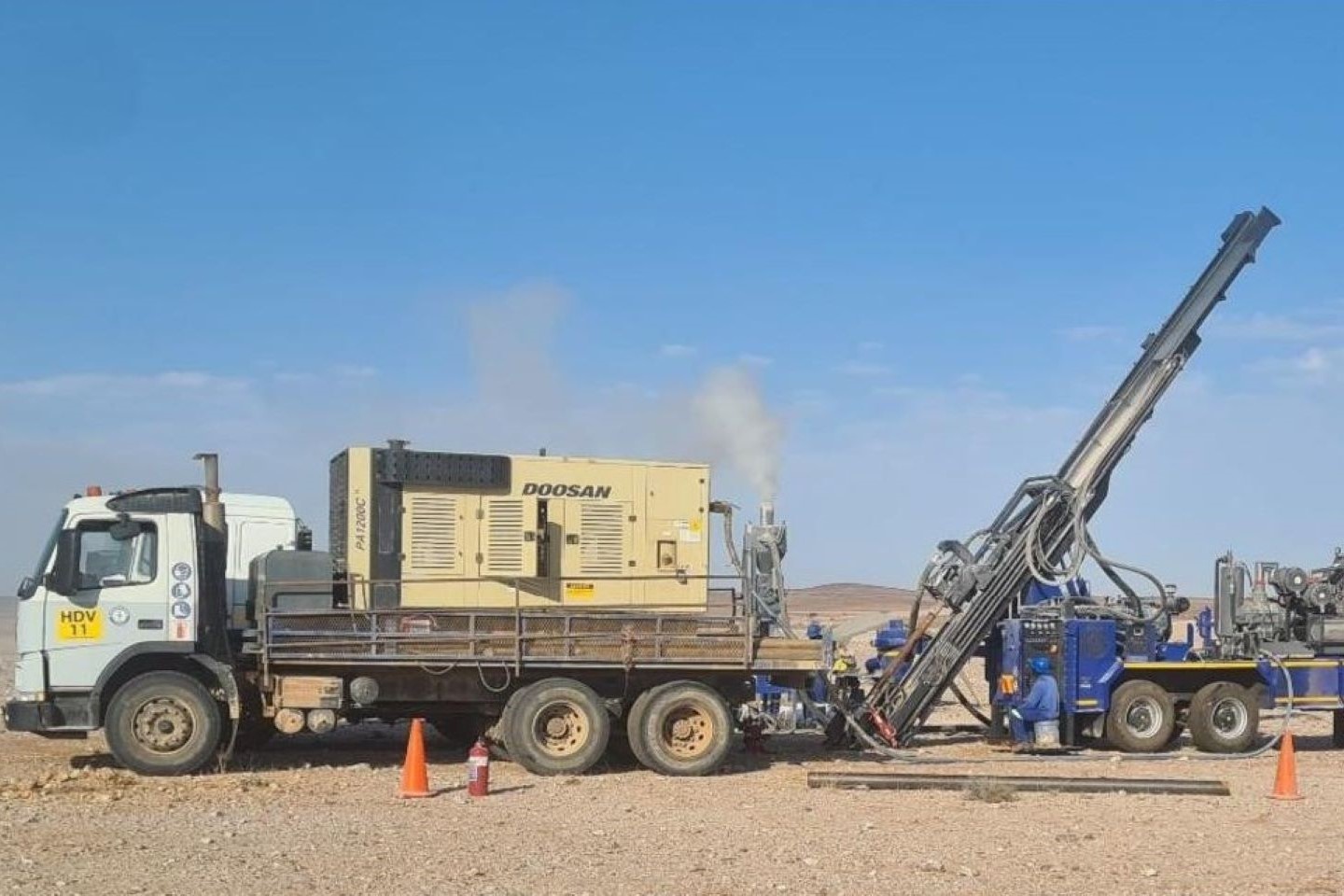Diversified explorer Askari Metals has backed its bold claim to be leading the charge for lithium out of Namibia by grabbing the final 10 per cent of an exclusive prospective lease at its Uis project. The news comes just days after the company revealed it had acquired an 80 per cent interest in an adjoining tenement for about $1.8 million.


Diversified explorer Askari Metals has backed its bold claim to be leading the charge for lithium out of Namibia by grabbing the final 10 per cent of an exclusive prospective lease (EPL) at its Uis project.
And the company is forecasting the potential for even more aggressive expansion.
The initial 90 per cent of EPL 7345 was acquired from LexRox Exploration Services last October and that purchase is expected to soon be completed. Askari has also now entered a binding agreement to acquire the remaining 10 per cent of the lease.
The cost to Askari will be an an immediate payment of $10,000 cash, $105,000 in the company’s shares and “milestone considerations” of extra shares subject to Uis attaining certain activities, plus a royalty of 0.15 per cent of the net smelter return on all minerals produced.
The news comes only days after Askari announced it had acquired an 80 per cent interest in adjoining tenement EPL 8535 for about $1.8 million. The combined EPL 8535 and EPL 7345 make up the 308 square kilometre Uis project, which sits on the doorstep of the operating Uis Mine in the Erongo region of west-central Namibia.
Askari says acquiring the last part of EPL 7345 enables it to consolidate its interest in the lease without minority shareholders and constitutes an important strategic decision for the company.
Management regards the project as a significantly under-explored lithium opportunity. It says it is located in a first-ranked jurisdiction and also situated conveniently close to key mining infrastructure and services, with deep-water port Walvis Bay less than 230km away on year-round accessible sealed roads. Namibia’s capital, Windhoek, is 270km away.
Uis boasts more than 120 mapped pegmatites, many of which have been mined historically for tin and semi-precious stone and Askari says an abundance of altered spodumene is visible within the workings and the mined rock around them.
Surface samples have returned up to 3.2 per cent lithium oxide in addition to high-grades of up to 3.2 per cent tin, up to 663 parts per million tantalum and up to 3387ppm rubidium.
Askari Metals managing director Gino D’Anna said: “Our strategy is well defined as we continue to consolidate significant exploration projects along the Uis Pegmatite Belt and systematically explore these areas adding value to our projects with tangible results. We see incredible upside and opportunity in Namibia. Askari is leading the lithium charge out of Namibia.”
Evidence of Askari’s growing confidence is its goal to expand its Namibian footprint even further. Mr D’Anna said the company was evaluating several other project areas along the Uis Pegmatite Belt with the aim of growing its strategic landholding.
However, though the ink not yet dry on its new tenement deals at Uis, Askari is steaming ahead with its exploration activities at Uis.
A second-phase drilling program at EPL 7345 was launched at the end of February, bringing the number of rigs at the site to two and four holes have already been drilled. The program is targeting previously untested pegmatites mapped and identified by geologists and which are reported to have visible lithium mineralisation at the surface.
Management reports a number of significant pegmatites have already been intersected. The program is expected to take two months and produce at least 4000 metre of chips, samples and data.
A detailed mapping and sampling campaign is also nearing completion at EPL 7345, with the team to be mobilised to EPL 8535 in coming weeks. They will undertake a phase-two drilling program to follow up work done last year.
A third rig is expected to arrive on site soon to start diamond drilling. Its job will be to produce core intersections of the most promising RC intercepts for metallurgical test work. The diamond drill rig will also provide the main component of the drill-out once the potential resource target area has been identified.
WA-based Askari has assembled a portfolio of lithium, copper, gold and copper-gold exploration projects in Western Australia, Northern Territory, New South Wales and Namibia in its search for battery and precious metals. Namibia gives its portfolio a different look and the market will be keen to analyse the results of its drilling activities at Uis when they start filtering back from the labs.
Is your ASX-listed company doing something interesting? Contact: matt.birney@businessnews.com.au












